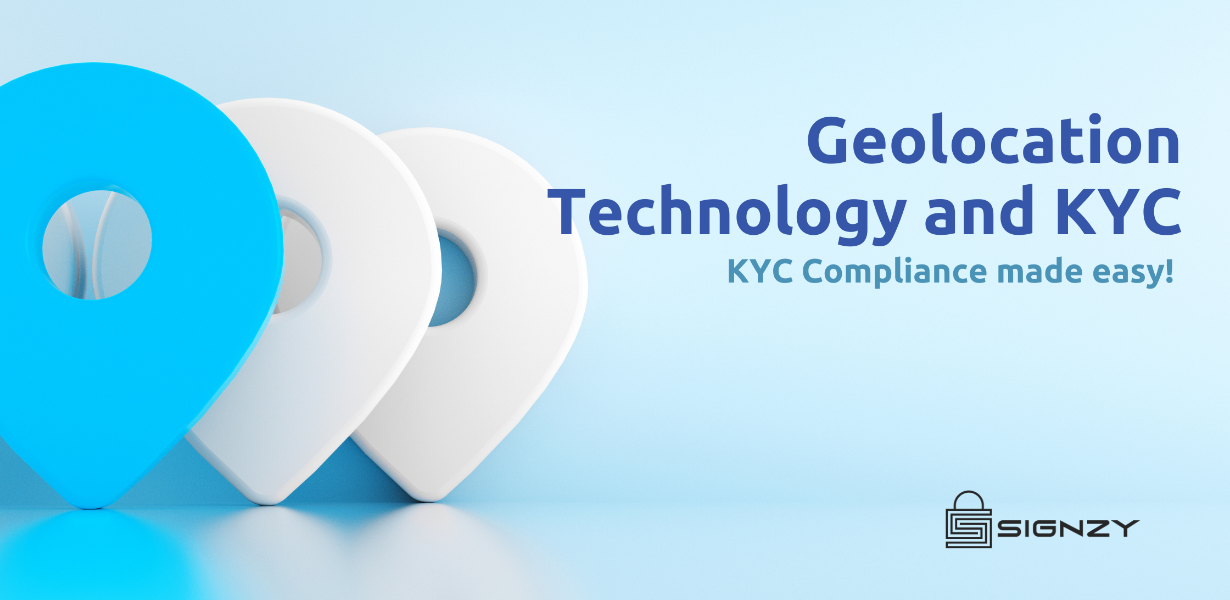
Navigating Smart Cities: How Geolocation API Powers Urban Innovation
- Post
- August 8, 2023
- Geolocation API, Web APIs, Web Technologies
- 0 Comments
Urban landscapes are evolving at an unprecedented pace, with cities embracing cutting-edge technologies to enhance livability, sustainability, and overall efficiency. One of the crucial drivers behind this urban transformation is the integration of Geolocation APIs, a technology that powers smart cities and propels urban innovation to new heights. In this comprehensive exploration, we delve into the role of Geolocation APIs in the context of smart cities, uncovering their impact on urban development, services, and the lives of residents.
As the world becomes increasingly urbanized, the demand for smart solutions that optimize resources, improve services, and create better living conditions grows more urgent. Smart cities are the answer to these challenges, utilizing advanced technologies to manage infrastructure, resources, and services in an integrated manner. At the heart of this transformation lies the Geolocation API, a tool that enables accurate positioning and spatial data analysis. With a myriad of applications spanning from navigation and transportation to emergency response and environmental monitoring, Geolocation APIs form the bedrock of the modern urban landscape.
The Power of Precise Positioning
Advancing Urban Navigation and Transportation
Geolocation APIs provide pinpoint positioning that revolutionizes urban navigation and transportation. From ride-sharing apps guiding commuters to their destinations with unparalleled accuracy to efficient fleet management that reduces traffic congestion and emissions, the API’s role in optimizing urban mobility cannot be overstated. This not only enhances individual travel experiences but also contributes to a more sustainable urban environment.
Enabling Location-Based Services
Geolocation APIs empower businesses to deliver personalized services based on users’ locations. Retailers can push location-specific offers to potential customers, while cultural institutions can provide immersive experiences through augmented reality tours triggered by geolocation. This fusion of technology and physical space fosters engagement, enriching the urban fabric.
Enhancing Public Safety and Emergency Response
Facilitating Rapid Emergency Services
In times of crisis, every second counts. Geolocation APIs enable emergency services to locate and respond to incidents with unparalleled speed and accuracy. By swiftly identifying the precise location of emergencies, responders can reach the scene promptly, potentially saving lives and minimizing damage.
Optimizing Disaster Management
Smart cities leverage Geolocation APIs to monitor and predict natural disasters, enabling proactive measures to mitigate their impact. By analyzing geospatial data, authorities can identify vulnerable areas and devise evacuation plans, minimizing harm to residents and preserving urban infrastructure.
Transforming Urban Planning and Infrastructure
Smart Infrastructure Management
Geolocation APIs contribute to the maintenance and management of urban infrastructure. By monitoring the condition of bridges, roads, and utility systems in real time, cities can allocate resources effectively, preventing costly breakdowns and service disruptions.
Sustainable Resource Management
Efficient resource allocation is a hallmark of smart cities, and Geolocation APIs play a vital role in achieving this goal. By monitoring energy consumption, waste production, and water usage in real time, authorities can identify trends and patterns, enabling informed decisions to promote sustainability and reduce waste.
The Data-Driven Future of Urban Innovation
Creating Data-Driven Policies
Geolocation APIs generate a wealth of data that can inform policymaking. By analyzing foot traffic, transportation patterns, and consumer behaviors, cities can tailor policies to the needs and preferences of their residents, fostering an environment that prioritizes livability and convenience.
Fostering Civic Engagement
Citizen participation is crucial for successful urban development. Geolocation APIs enable interactive platforms that encourage residents to voice their opinions, report issues, and contribute to the decision-making process. This democratization of urban planning empowers communities and results in more inclusive cities.
Final Words
In the ever-evolving tapestry of urban innovation, Geolocation APIs serve as the thread that weaves together the fabric of smart cities. From enhancing navigation and transportation to promoting safety and sustainability, the impact of Geolocation APIs reverberates through every facet of urban life. As we journey towards a future marked by seamless connectivity and data-driven decision-making, these APIs will continue to guide us, ensuring that our cities remain not only smart but also compassionate, resilient, and vibrant.
Commonly Asked Questions
Q1: How do Geolocation APIs improve urban transportation?
Geolocation APIs enhance urban transportation by providing precise navigation for commuters and enabling efficient fleet management, reducing congestion and emissions.
Q2: How do Geolocation APIs contribute to public safety?
Geolocation APIs help emergency services locate incidents quickly, facilitating rapid responses. Additionally, they aid in disaster management by predicting and mitigating the impact of natural disasters.
Q3: How do Geolocation APIs support urban planning?
Geolocation APIs assist in smart infrastructure management by monitoring conditions in real time. They also contribute to sustainable resource management by tracking energy, waste, and water usage.
Q4: What role do Geolocation APIs play in data-driven policies?
Geolocation APIs provide data on foot traffic, transportation, and consumer behavior, enabling cities to create informed policies that cater to residents’ needs and preferences.
Q5: How can Geolocation APIs foster civic engagement?
Geolocation APIs enable interactive platforms that encourage residents to participate in urban planning, allowing them to voice opinions and contribute to decisions that shape their communities.




